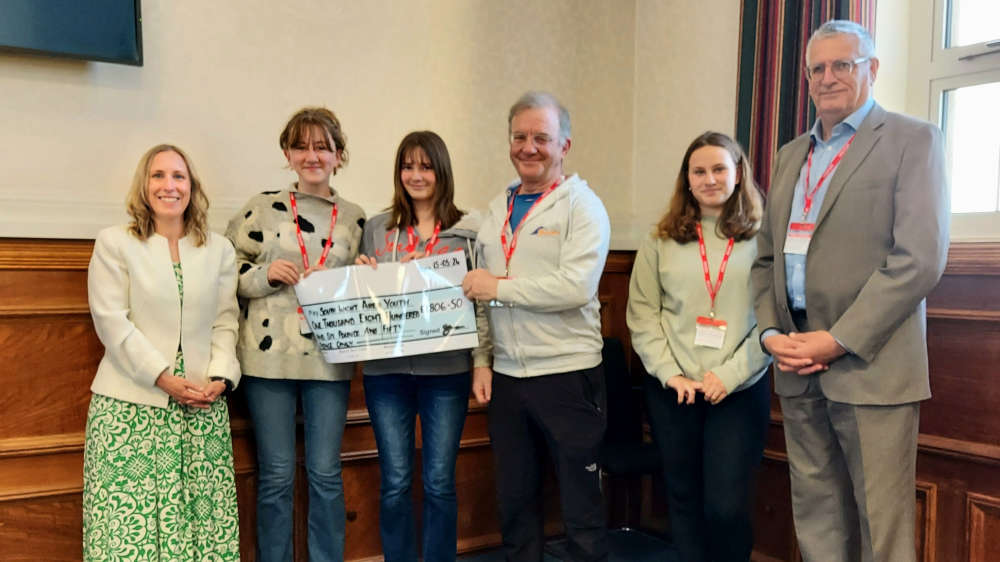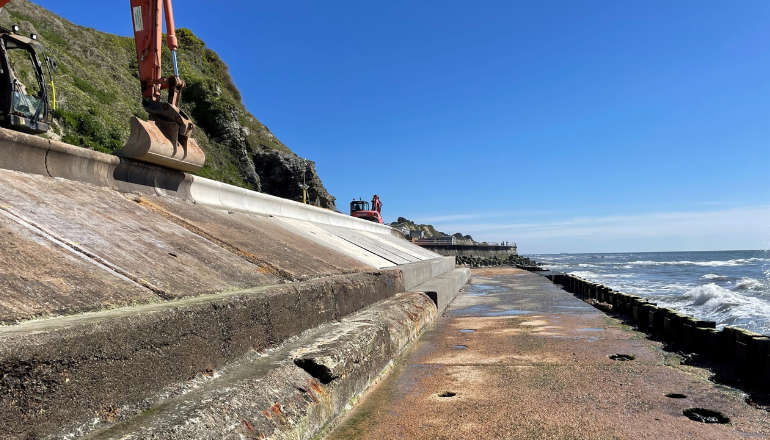
Hampshire & Isle of Wight Wildlife Trust (HIWWT) has highlighted the crucial role of Nutrient Neutrality schemes in protecting the region’s waterways from yet more pollution.
Debbie Tann, Chief Executive of HIWWT, was speaking after reports emerged that the Government was considering scrapping a key policy designed to mitigate the environmental impact of new developments amid claims it was blocking new houses being built.
Natural England’s Nutrient Neutrality rule ensures that developments in designated areas such as the Solent region can be approved once suitable measures are in place to counteract an increase in pollution of our rivers.
Nitrate pollution is caused by various factors including sewage systems, so waste water produced by new housing contributes to the general deterioration of water quality which is harmful to fish species, plant life and humans.
Tann said:
“Our precious rivers and coastal areas are facing untenable levels of pollution from agriculture, industry and domestic waste, with 82% failing to reach good ecological status.
“Through our Nutrient Neutrality schemes, we have already proven a cost-effective way to unlock housebuilding while also mitigating the environmental impact of new developments.
"Those methods have the added benefit of helping people, communities and nature too.”
In the Solent area, HIWWT has worked with developers, local government and regulators to develop an effective and affordable nature-based solution that unlocks housebuilding while also reducing the environmental effects of new developments.
By rewilding unproductive land previously used for intensive agriculture, the Trust is reducing the amount of nutrients ultimately reaching the Solent while also restoring habitats for wildlife and bringing additional environmental gains.
The Trust’s first such project, at Wilder Little Duxmore on the Isle of Wight, has demonstrated the rapid and dramatic impact that this pioneering approach can have – with a 47% reduction in soil mineral nitrogen levels recorded in less than two years.
Tann added:
“Those results are very significant for the fight against pollution here on the south coast.
"We’ve all got to play our part today in the transition to sustainable growth if we are going to give nature the chance to recover.”

 PCC Urges People To Hand In Blades To Curb Knife Crime Epidemic
PCC Urges People To Hand In Blades To Curb Knife Crime Epidemic
 Isle Of Wight Council Signs Tobacco Control Declaration In Commitment To Smoke-Free Future
Isle Of Wight Council Signs Tobacco Control Declaration In Commitment To Smoke-Free Future
 Hoarding Removed From Ryde Interchange To Reveal Smart Glazed Exterior
Hoarding Removed From Ryde Interchange To Reveal Smart Glazed Exterior
 Levelling Up Minister Pays Visit To Isle Of Wight To Address £20m Ryde Investment Plans
Levelling Up Minister Pays Visit To Isle Of Wight To Address £20m Ryde Investment Plans
 HRH The Princess Royal Meets East Wight Primary School Children Learning To Sail In Seaview
HRH The Princess Royal Meets East Wight Primary School Children Learning To Sail In Seaview
 Maritime Units Heading For Isle Of Wight Armed Forces Day
Maritime Units Heading For Isle Of Wight Armed Forces Day
 Funding Boost For Council Chairman's Chosen Charity
Funding Boost For Council Chairman's Chosen Charity
 Medina Way Works In Place This Sunday
Medina Way Works In Place This Sunday
 Islander Georgie To Star On BBC1's Great British Sewing Bee
Islander Georgie To Star On BBC1's Great British Sewing Bee
 Labour's West Wight Candidate Outlines Island Plan
Labour's West Wight Candidate Outlines Island Plan
 Scam Warnings Issued For Isle Of Wight
Scam Warnings Issued For Isle Of Wight
 Islanders Invited To Take Part In Charity Fire Walk For St Catherine’s
Islanders Invited To Take Part In Charity Fire Walk For St Catherine’s
 New Company To Bid For Digital Radio Licence On The Isle Of Wight
New Company To Bid For Digital Radio Licence On The Isle Of Wight
 Police Respond To Anti-Social Behaviour Involving Electric Motorbikes In Puckpool
Police Respond To Anti-Social Behaviour Involving Electric Motorbikes In Puckpool
 New Records Set Following ‘Extraordinary’ Walk The Wight
New Records Set Following ‘Extraordinary’ Walk The Wight
 Appeal Launched Following Ryde Cashpoint Theft
Appeal Launched Following Ryde Cashpoint Theft
 Islanders Urged To Make Sure They're 'Emergency Ready'
Islanders Urged To Make Sure They're 'Emergency Ready'
 Cast Your Vote For New Sea Defence Scheme To Win People's Choice Award
Cast Your Vote For New Sea Defence Scheme To Win People's Choice Award
 Operation Sceptre - A Number Of Surrender Bins Across Isle Of Wight
Operation Sceptre - A Number Of Surrender Bins Across Isle Of Wight
 Man Jailed For Ryde Burglary And Knife Offences
Man Jailed For Ryde Burglary And Knife Offences


